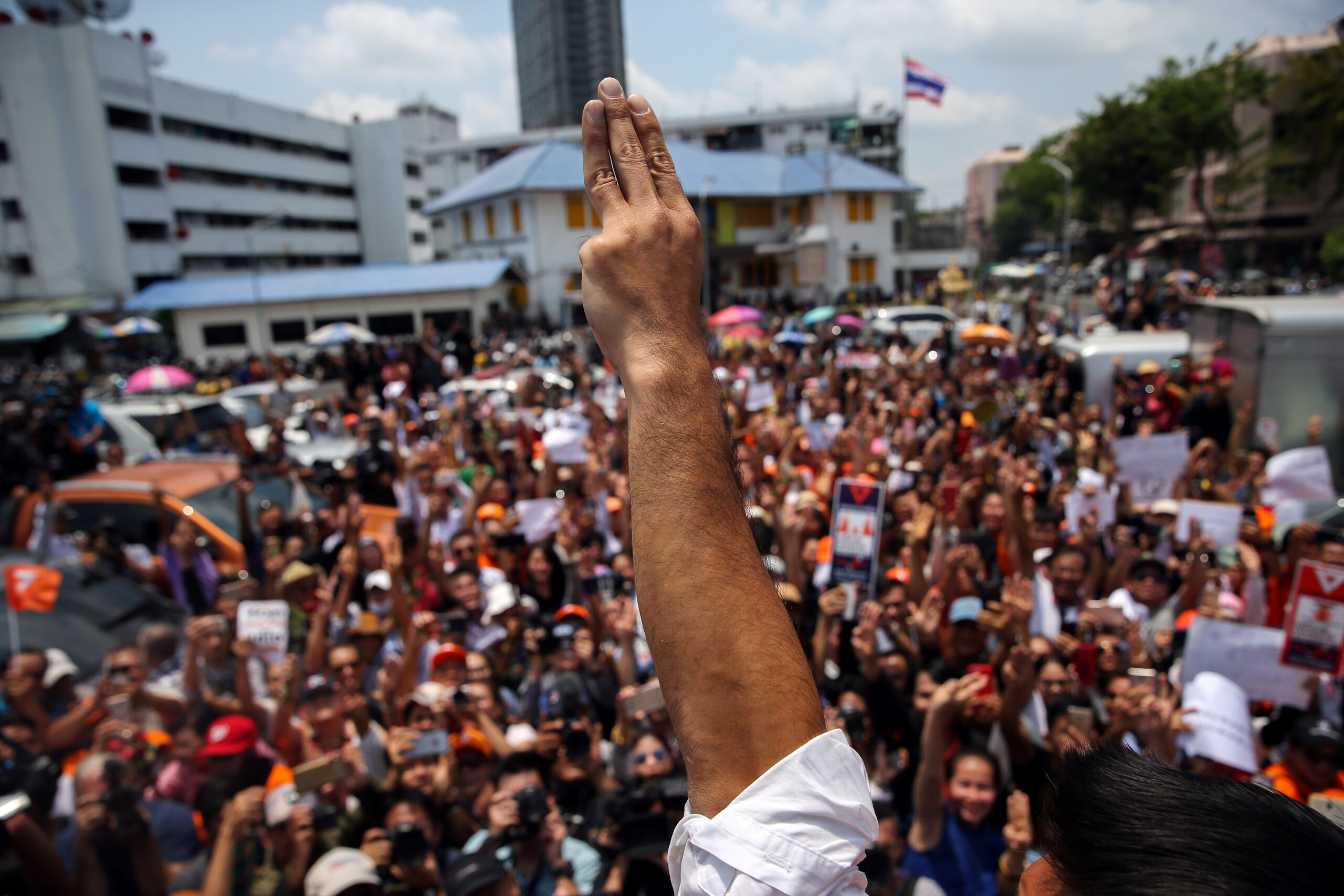The use of sedition laws has escalated in recent years in several countries as a way to stifle dissent and restrict free speech, a new report from TrialWatch – part of the Clooney Foundation for Justice – said today.
Sedition laws criminalize a broad range of speech and conduct critical of the government and have been used to charge journalists, activists, and other members of the public for their comments on government policies or publishing information that government authorities do not like.
Because of their potential for and evidence of misuse, these laws have been repeatedly criticized by the United Nations and regional courts as a weapon often used by governments to violate the right to freedom of expression. At least eight Commonwealth countries (including Kenya, Ghana, New Zealand, the United Kingdom, Jamaica, Maldives, Sierra Leone, and Singapore) have repealed the offense, with many suggesting it is obsolete. In other countries, even where sedition laws have not been repealed, the laws have been reformed in some way to limit application. Despite this, other countries continue to use the offense of sedition with abandon.
TrialWatch is monitoring sedition cases, including in Pakistan, India, Hong Kong and Thailand:
- After 50 years of disuse, a radio host and former opposition politician was convicted of sedition in Hong Kong for using slogans such as “Liberate Hong Kong, Revolution of our Times.”
- In Thailand, pro-democracy leaders are facing sedition charges alongside lèse-majesté (insulting royalty) charges for speeches critical of the monarchy at a protest in September 2020.
- In India, more than 800 sedition cases have been filed since 2010, including against reporters covering the Delhi farmers’ protests.
Even as some countries are doubling down on their use of this problematic law, others like Singapore and Sierra Leone are revising or eliminating it. The report, written as part of TrialWatch by attorneys at Gibson, Dunn & Crutcher LLP, with support from Columbia Law School’s Human Rights Institute, shows how the movement to repeal or reform sedition laws is gaining steam, and should be amplified. Reasons for these reform efforts include that the “excitement of disaffection against the Government shouldn’t be criminalised” (Singapore) and that sedition has “been used as a regime to unduly target and imprison media practitioners and silence dissident views” (Sierra Leone).
The report calls on those countries that have yet to join this movement to do so urgently.
